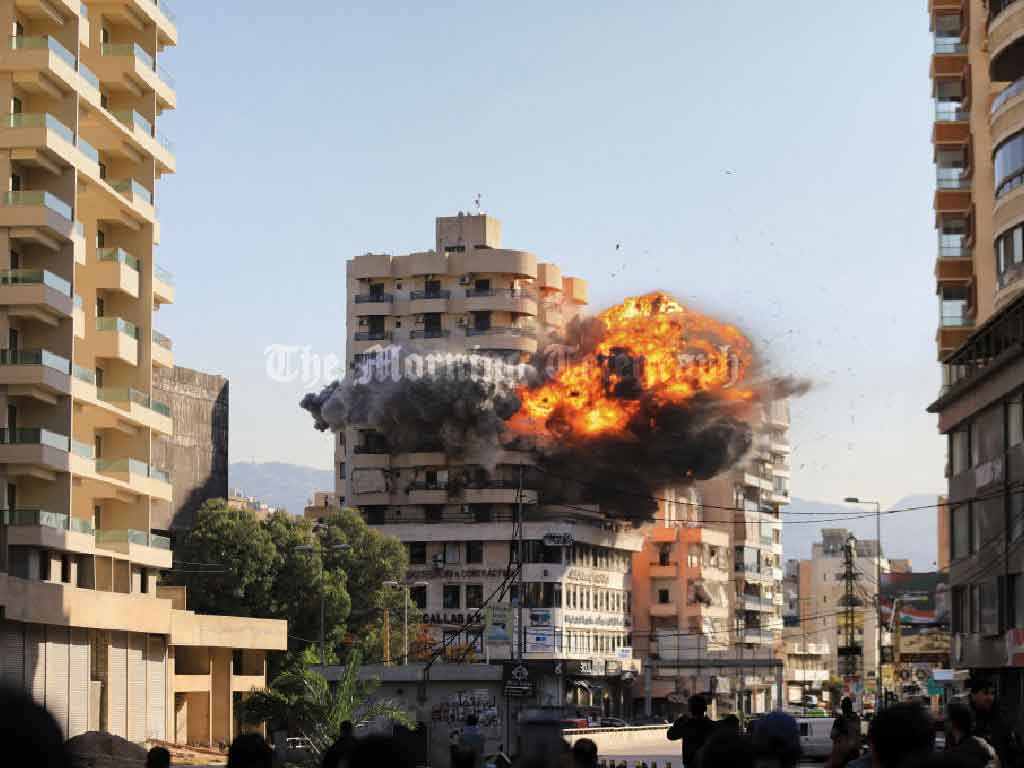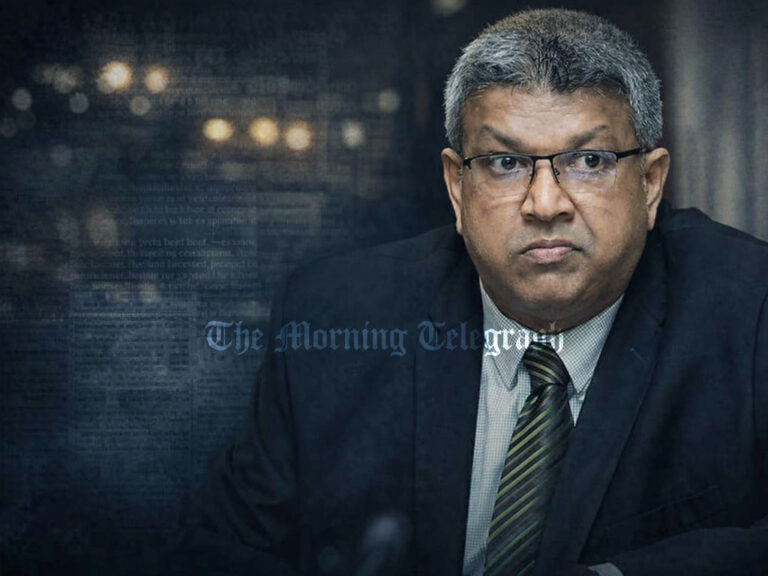
BEIRUT — Israel carried out extensive airstrikes across Lebanon on Monday, targeting Hezbollah strongholds in a series of attacks that killed at least 31 people, according to Lebanon’s Health Ministry. The strikes, which hit commercial and residential areas in Beirut and other regions, came as Israeli and Hezbollah leaders moved closer to a ceasefire agreement.
Israeli jets struck densely populated areas, including Beirut’s southern suburbs and Tyre, where evacuation warnings had been issued earlier. The attacks caused significant damage, leaving glass and debris scattered across streets. However, many casualties occurred in areas without prior evacuation alerts, such as Choueifat in southern Beirut.
In the northeast, Baalbek-Hermel province was also heavily bombarded without warning. The Health Ministry confirmed that the death toll from the strikes included 26 people in southern Lebanon, four in Baalbek-Hermel, and one in Choueifat.
Over 13 months of fighting between Israel and Hezbollah have left 3,768 dead in Lebanon, with civilians making up a significant portion of the casualties. The war has displaced 1.2 million people in Lebanon, while Israel reports over 2,000 Hezbollah members killed in the conflict.
Israeli ground forces invaded southern Lebanon in October, engaging in fierce battles in a border zone. Hezbollah, an Iran-backed militant group, has launched rockets into Israel since the war began, causing civilian and military casualties.
Despite the ongoing violence, hopes for a ceasefire have grown. Both sides appear closer to a deal that would see Israeli forces withdraw from southern Lebanon and Hezbollah pull back from areas near the Israeli border. Lebanese army troops, along with U.N. peacekeepers, are expected to patrol the border zone under the proposed agreement.
While negotiations continue, some sticking points remain. Israel insists on maintaining the right to strike Hezbollah if the terms are violated, a condition Lebanon has opposed as an infringement on sovereignty.
Israeli officials, including Ambassador Mike Herzog, expressed optimism about reaching a deal within days, while Prime Minister Benjamin Netanyahu’s Security Cabinet is set to deliberate on the matter.
A ceasefire between Israel and Hezbollah could ease fears of broader conflict in the Middle East, including potential escalation with Iran, Hezbollah’s primary backer. The ceasefire talks are also being closely watched for their impact on the ongoing war between Israel and Hamas in Gaza.
Hezbollah previously tied any ceasefire to the resolution of the Gaza conflict but has dropped that demand. A Hamas official in Lebanon expressed support for a ceasefire, praising Hezbollah’s efforts to aid Palestinians.
The proposed ceasefire has faced criticism from within Israel. National Security Minister Itamar Ben-Gvir, a member of Netanyahu’s Cabinet, voiced strong opposition, calling it a missed opportunity to decisively defeat Hezbollah.
International leaders have warned of dire consequences if negotiations fail. Jordan’s Foreign Minister Ayman Safadi cautioned that prolonged conflict would deepen animosity and jeopardize regional stability, a sentiment echoed at a G7 meeting in Italy.
As talks progress, the region waits to see whether diplomacy can bring an end to the devastating cycle of violence.




